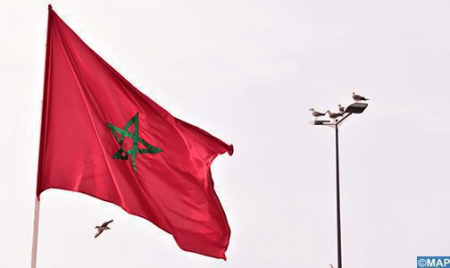Illegal Immigration: Spanish Expert Underlines Need to Provide Strong Support to Morocco
Morocco must be widely supported by all involved parties in the phenomenon of illegal immigration and the fight against human trafficking, within the framework of the new renewed partnership, launched Friday in Rabat by the European Commission and the Kingdom, stressed the Spanish expert in Maghreb affairs, Javier Fernandez Arribas. “Based on a comprehensive and proactive approach, Morocco collaborates in an exemplary way with Spain and its African neighbors to fight against this phenomenon which is becoming increasingly transnational,” Arribas told MAP. “Illegal immigration has become a global problem”, he noted, while emphasizing the need to ”support Morocco, because no country alone can fight this scourge and face the networks of human trafficking, especially following the emergence of new violent modes of operation”. Arribas also pointed out the responsibility of Algeria, noting that “Algeria, as a country of transit, is called upon to get more involved to fight against human trafficking mafias and criminal gangs and control, in its territory, the illegal migration flows”. “Mafias are taking advantage of drought and hunger problems that affect sub-Saharan countries”, he added, stressing that, in this regard, “Algeria must make more efforts to help face the maneuvers of mafias.” As part of the regular political dialogue between the Kingdom of Morocco and the EU, the European Commissioner for Home Affairs, Ylva Johansson, and the Spanish Minister of Interior, Fernando Grande-Marlaska, met, Friday in Rabat, the Moroccan Minister of the Interior, Abdelouafi Laftit. While highlighting the successful results of their cooperation based on shared responsibility in the field of migration, they agreed to renew their partnership to face, together, the networks of trafficking in persons, especially following the emergence of new and extremely violent modus operandi adopted by these criminal networks, according to a joint press release issued at the end of the meeting.

